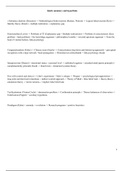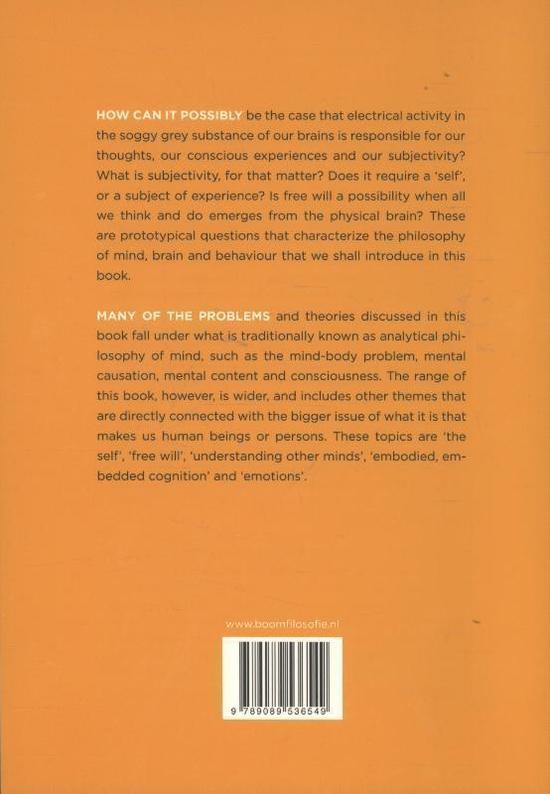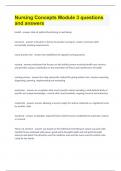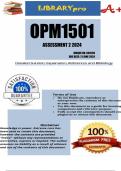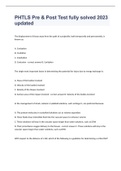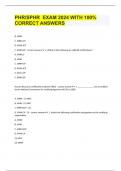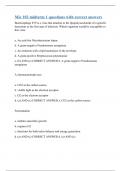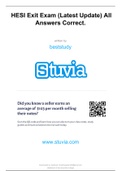Resumen
Summary of philosophy of mind, brain and behaviour
- Grado
- Institución
- Book
These are extensive notes on philosophy of mind, brain and behaviour. Notes taken during online lectures, including necessary information from the book (not for all lectures). Document contains hyperlinks to all lectures in the document.
[Mostrar más]
